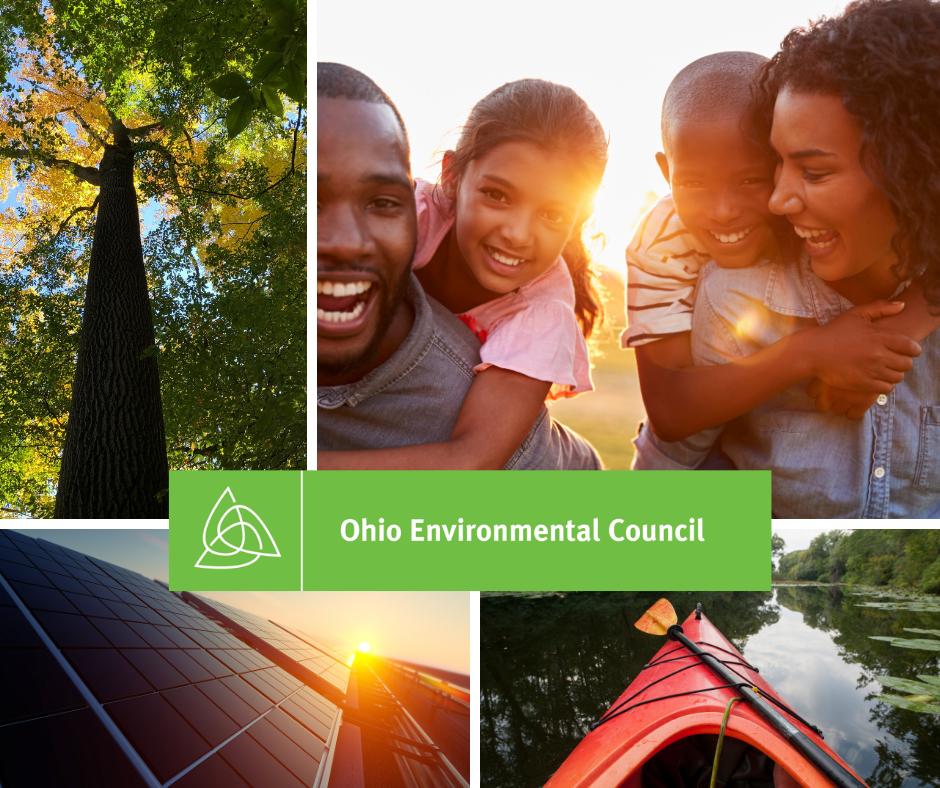Tagged In: Air Pollution, Clean Energy, Climate Change
MJ Eckhouse, July 17, 2020
Late Wednesday, a federal court in California reinstated the 2016 Methane Waste Prevention Rule, a critical tool that reduces harmful emissions from oil and gas facilities on federal public lands. Methane is a potent greenhouse gas that contributes to climate change. Under the Trump administration, the Bureau of Land Management repealed the rule in 2018, a move that removed methane leak detection and repair requirements for oil and gas production on federal public lands.
The oil and gas industry is the country’s largest industrial source of methane pollution. More than 58,000 active oil and gas sites¹ are found in Ohio, with 3.3 million Ohioans living within a half-mile of an active oil and gas site. Methane and other gases released by oil and gas production can trigger life-threatening asthma attacks, aggravate respiratory conditions, and also, increase a person’s risk of developing cancer, especially in sensitive individuals.
The Court found that the rule repeal failed to adequately weigh the negative health effects of pollution against the rule’s public health benefits, while it also violated the National Environmental Policy Act, Mineral Leasing Act, and Administrative Procedure Act.
The following statement can be attributed in full, or in part, to Miranda Leppla, Vice President of Energy Policy for the Ohio Environmental Council:
“We applaud the decision to reinstate the Bureau of Land Management’s 2016 Methane and Waste Prevention Rule in an effort to cut methane pollution and its harmful effects on our climate. This cost-effective solution will protect our public lands and our communities by requiring oil and gas companies to regularly check for and repair leaks, and it will save taxpayers more than $1 billion according to a Bureau analysis.
“As methane levels have reached an all-time high, it is critical that we protect our communities from the harmful health and climate effects of methane emissions. While this court decision is a positive for curbing emissions on federally-owned land, it’s only partial progress in addressing methane emissions. Currently, the Office of Management and Budget (OMB) is reviewing an EPA rule change that would eliminate direct methane regulation of the large number of oil and gas facilities found across the country on private land. The Ohio Environmental Council calls on the OMB to reject this rule change and strengthen protections against methane emissions.”
1: Ohio Department of Natural Resources, December 2018 data
###
